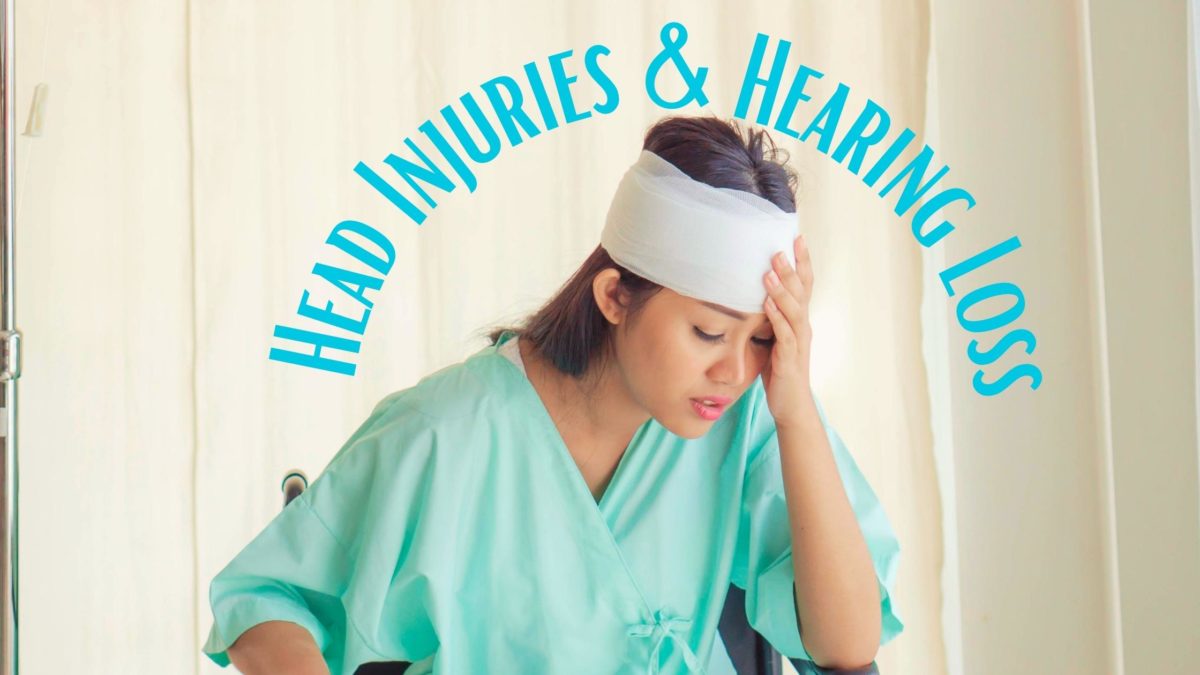It might surprise you to learn that hearing health professionals are vitally important in the follow-up treatment and care for traumatic brain injuries (TBI). This is because injuries of this type often result in hearing loss as well as vestibular and central auditory problems. A traumatic brain injury is defined as a blow to the head, specifically with great force or if the head is violently shaken.
Traumatic brain injuries are not necessarily rare. There are more than a million cases every year that require a hospital stay. Lesser degrees of traumatic brain injury occur without record and estimates of the total number of TBI in the US every year come to around 3 million. Causes of traumatic brain injuries range from car accidents to assaults to injuries from recreational activities like playing tackle football or other rough contact sports. In people older than 65 years old, the leading cause of TBI are falls.
Lasting implications of TBI
The brain is both an incredibly complex organ and one that interacts with all sorts of systems within the body. Patients who undergo a traumatic brain injury have resulting physical, intellectual or behavioral conditions. These conditions can be temporary, subsiding with successful medical treatment and occupational therapy. However, in many cases the resulting changes in a person’s mind and body are permanent.
Common issues resulting from traumatic brain injury
Neurological issues
- Motor function (coordination, balance, walking, speech)
- Sleep disturbances
- Sensory disruption (sight, hearing, touch, taste and smell)
- Sexual dysfunction
- Physical complications such as epilepsy
Cognitive issues
- Memory, learning, and concentration
- Problem-solving, planning
- Impaired judgment
- Language complications
Personality issues
- Aggression
- Anxiety
- Malaise
- Social and coping dysfunction
The role of the brain in hearing health
Our sense of hearing is usually attributed primarily to our ears. And that’s true — the ear plays a large role. The outer ear collects sound that is received by the fine cells of the inner ear. There, sound information is sent along the pathway of the auditory nerve and from there it reaches the brain.
In the brain’s processing centers, meaning and sound are created from the electrical impulses collected by the ear. Without the brain, we would have the information but would be unable to make meaning of it.
The impact of TBI on hearing health
In a traumatic brain injury, which by definition is also a head injury, the physical ear may be damaged and hearing loss is a result of that wound. These are often a result of a violent blow and therefore, any portion of the auditory pathway, which is defined as the area from the outer ear to the cortex, can impact our ability to hear.
In any trauma to the brain, our brain’s functioning might be impacted. In those cases of hearing loss resulting from head injury without damage to the physical ear, we can be certain that the parts of the brain responsible for processing sound information have been damaged.
Dizziness and nausea resulting from TBI
Prolonged dizziness or balance issues can result from a TBI and is also related to hearing health. We all have calcium carbonate crystals attached to sensitive nerve cells within our ears that help us to discern acceleration and gravity. In a head injury, they can become dislodged and cause vertigo, chronic nausea, persistent headaches, tinnitus, and even hearing loss.
Concussions are mild traumatic brain injuries
Even though concussions are mild traumatic brain injuries, they are still traumatic brain injuries. In a head injury resulting in a concussion, when no other parts of the physical body are damaged, the primary injury is bruising to the brain. In even moderate cases, bleeding of the brain can occur. Even if you feel your concussion to be mild in nature, seek medical attention immediately. Only after an expert diagnosis and thorough testing can you be sure that no underlying complications are resulting from the injury.
Use proven techniques to enhance connection
If you or someone you love has resulting hearing deficits as a result of a traumatic brain injury, you can help to maintain connection by using proven techniques known to help support people with hearing loss. Try eliminating background noise or chaotic sound environments as much as possible. Find quiet places to speak one-on-one. Always face the person you are talking to so that the person with hearing loss has access to facial expressions, gestures, and the movements of the mouth during speech to help them ‘hear’ what is being said.
Investigate options for hearing loss intervention, like hearing aids. They can dramatically increase a person’s hearing experience and help to avoid breakdowns in moments of connection, conversation, and social relationships.

